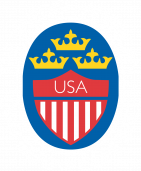Why global University Collaboration matters
Global university collaborations equip students with essential skills, cultural awareness, and adaptability to navigate the challenges of the global economy and foster successful global teamwork. With these kinds of collaborations, students are given the opportunity to work together in a global context which gives them valuable practical experience within their areas of study. The students are provided with the opportunity to work in multinational, global, and culturally diverse teams. With collaborations of these kinds, students are also given the opportunity to develop the ability to plan, organize and communicate with world-ranging teams, effectively leveraging information and communication technologies. Students get to learn about other cultures and work internationally, building a global contact network. This could especially be proven valuable for American students who are not as regularly exposed to other languages and countries as their European counterparts tend to be.
In this specific case, Chalmers and Penn State are collaboratively giving their engineering students a valuable first step into the global industrial world. As corporations seek engineers who can navigate the complexities of the global economic and engineering landscape, it becomes imperative for engineering education to adapt and prepare graduates for the challenges of the modern workforce.





